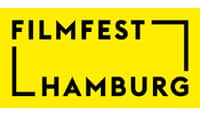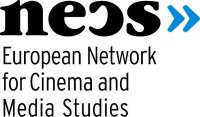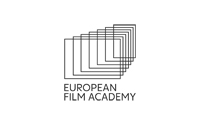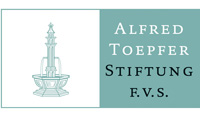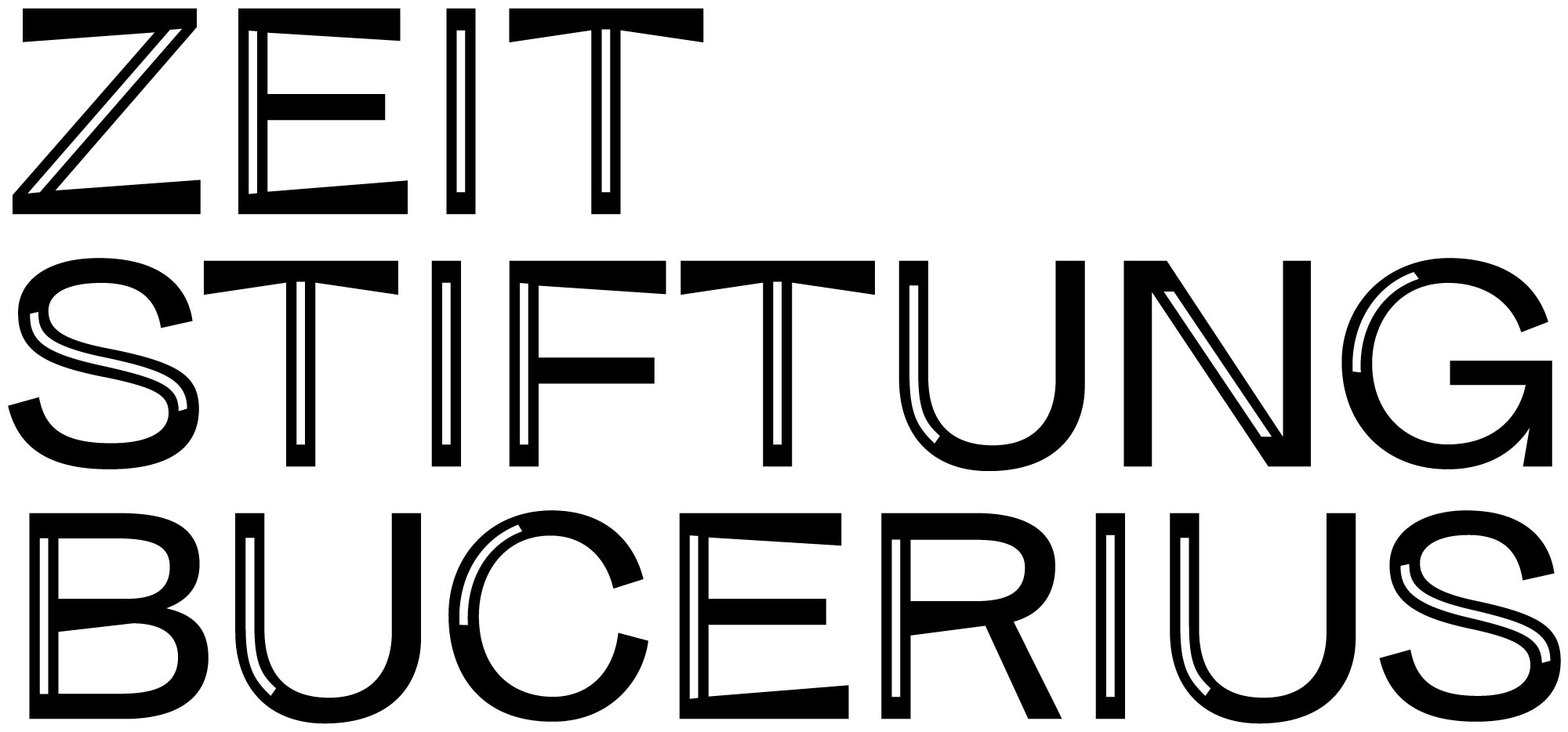
About EUFA
Inspired by a successfully and passionately run model in Québec, the Prix collégial du cinéma québécois (PCCQ), Filmfest Hamburg and the European Film Academy (EFA) launched in 2016 the European University Film Award (EUFA) - presented and voted by European university students. The aim of this initiative is to involve a younger audience, to spread the "European idea" and to transport the spirit of European cinema to an audience of university students. It shall also support film dissemination, film education and the culture of debating. In 2019 it became an official category of the European Film Awards.
News

Three Kilometres to The End of the World wins 9th EUFA 2024
After a three-day deliberation meeting in Hamburg attended by 21 students representing 21 European countries the film THREE KILOMETRES TO THE END OF THE WORLD (Romania 2024) by Emanuel Pârvu was awarded the European University Film Award (EUFA), which is organised by Filmfest Hamburg and the European Film Academy.

Five films nominated for EUFA 2024
Drumroll for the five nominees in the running for the European University Film Award (EUFA)! The European Film Academy and Filmfest Hamburg announce this year’s nominated films. Introduced in 2016, the award is presented by university students from across Europe. Based on the European Film Awards Feature and Documentary Film Selections 2024.
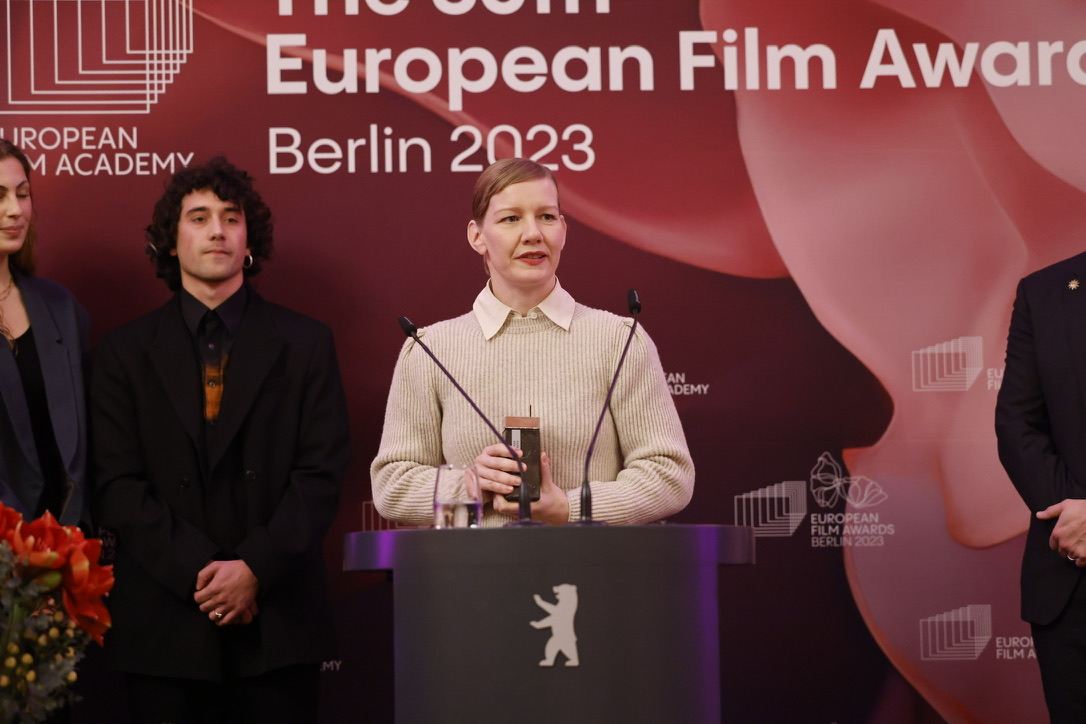
Anatomy of a Fall wins 8th EUFA 2023
After a three-day deliberation meeting in Hamburg attended by 24 students representing 24 European countries the film ANATOMY OF A FALL (F 2023) by Justine Triet was awarded the European University Film Award (EUFA), which is organised by Filmfest Hamburg and the European Film Academy.
Universities

Denmark (Aarhus)
Aarhus University
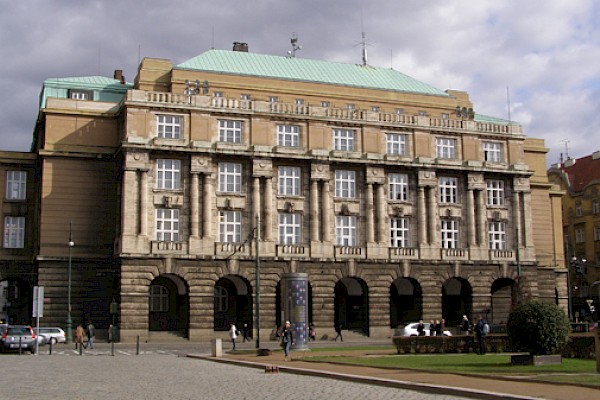
Czech Republic (Prague)
Charles University

Germany (Potsdam)
Film University Babelsberg Konrad Wolf

Turkey (Istanbul)
Kadir Has University

Lativa (Riga)
Latvian Academy of Culture

Sweden (Växjö)
Linnaeus University

UK (Liverpool)
Liverpool John Moores University

Hungary (Budapest)
Budapest Metropolitan University

Romania (Cluj-Napoca)
Babes-Bolyai University Cluj-Napoca

Ireland (Cork)
University College Cork

Belgium (Antwerp)
University of Antwerp

Serbia (Belgrade)
University of Arts Belgrade

Greece (Athens)
National and Kapodistrian University of Athens

Spain (Bilbao)
University of the Basque Country (UPV/EHU)

Portugal (Covilhã)
University of Beira Interior

Iceland (Reykjavík)
University of Iceland

Switzerland (Lausanne)
University of Lausanne

Poland (Lodz)
University of Lodz

Finland (Turku)
University of Turku

France (Paris)
University of Paris III: Sorbonne Nouvelle

Italy (Udine)
University of Udine

Netherlands (Utrecht)
Utrecht University

Lithuania (Vilnius)
Vilnius University
Nominated Films 2024
Based on the European Film Awards Feature and Documentary Film Selections 2024, five films were nominated for the 8th European University Film Award.

April
Nina works in the only small hospital of a provincial town as an obstetrician-gynecologist. Single and in abstinence from personal relationships, she is unconditionally devoted to her Hippocratic oath. When a newborn dies within seconds of being delivered under her supervision, she is accused of wrongdoings. Under investigation, every detail of Nina’s personal and professional life is being scrutinized. Despite the risks, Nina remains devoted to her duty as a doctor, committed to doing what nobody else will.

Armand
One of the last days before the school holidays something happens between six-year-old Armand and Jon. The parents are called in for a meeting, but the school management doesn’t really know what actually happened. Was it just a children’s game or something much more serious? The incident between the two boys triggers a series of events, forcing parents and school staff into a captivating battle of redemption – where madness, desire and obsession arise.

Kneecap
When fate brings Belfast teacher JJ into the orbit of self-confessed ‘low life scum’ Naoise and Liam Og, the needle drops on a hip-hop act like no other. Rapping in their native Irish, they lead a movement to save their mother tongue.

Moon
Former martial artist Sarah leaves Austria to train three sisters from a wealthy family in the Middle East. What sounds initially like a dream job soon becomes unsettling: the young women are cut off from the outside world and under constant surveillance. Sport doesn’t seem to interest them. So why has Sarah been hired?
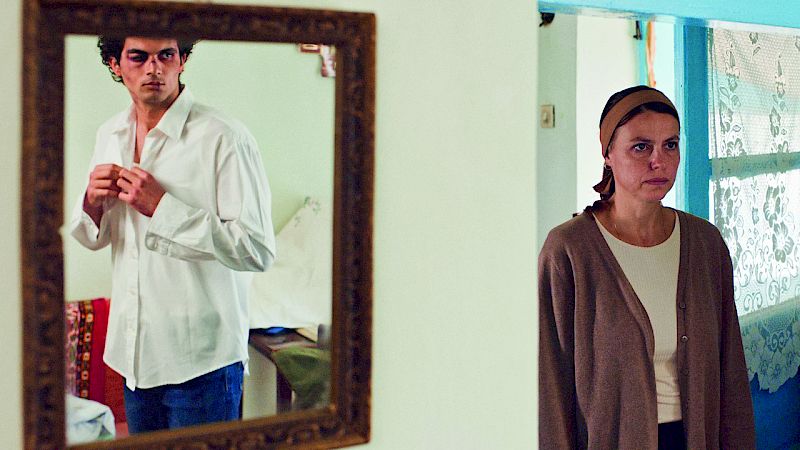
Three Kilometres to the End of the World
Adi (17) is spending the summer in his home village in the Danube Delta. One night he is brutally attacked on the street, the next day his world is turned upside-down. His parents no longer look at him as they did, and the seeming tranquillity of the village starts to crack.

